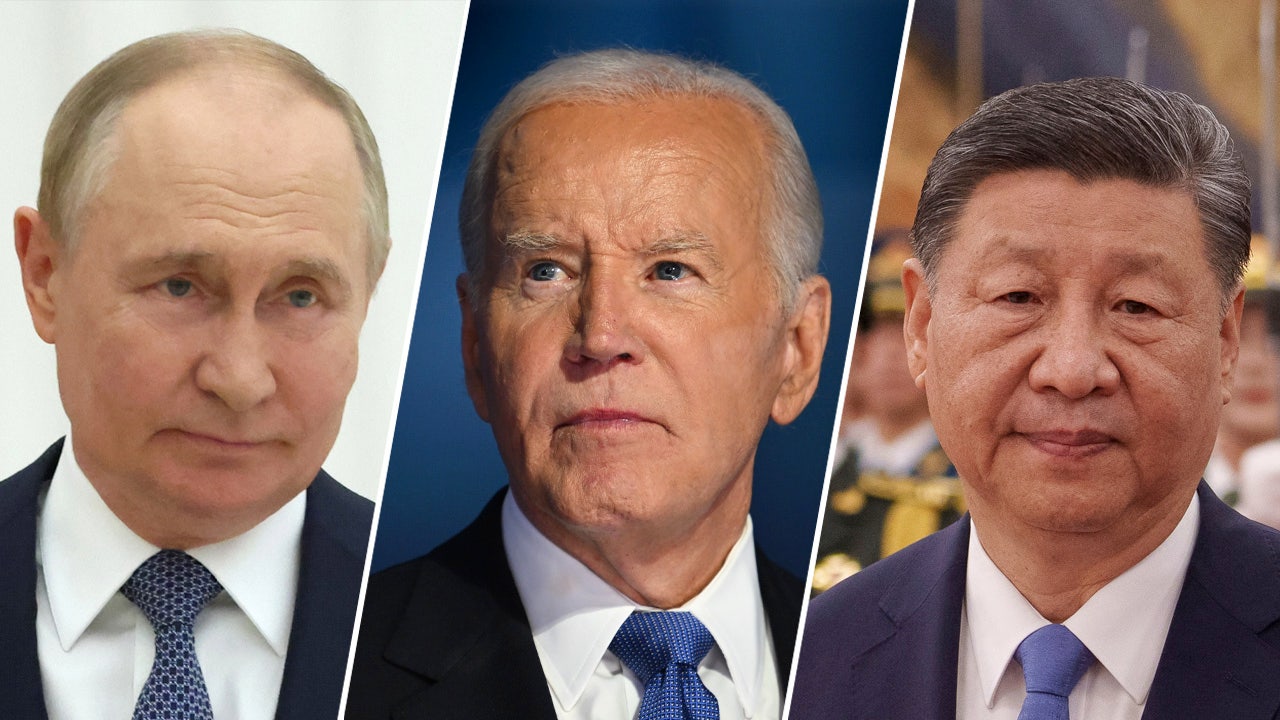The U.S. needs to stay alert to China and Russia’s ambitions in the Arctic, even if the public doesn’t fully grasp the region’s value.
Retired Rear Admiral Mark Montgomery explained that the Arctic is important both militarily and economically. China relies on oil and gas deliveries and is worried about key shipping routes like the Straits of Malacca. To avoid these chokepoints, China is interested in the Northern Sea Route around Russia, which could be a strategic alternative.
Recently, there was a notable incident: Russian and Chinese bombers flew near Alaska just after President Biden announced he wouldn’t run for a second term. U.S. and Canadian fighter jets had to intercept them, marking the first time Chinese bombers were so close.
While these planes didn’t enter U.S. airspace, they got within 200 miles of the Alaskan coast. The growing cooperation between Russia and China has raised concerns for the U.S. military.
The Pentagon has started focusing more on the Arctic, calling it “critical to the defense of our homeland.” Deputy Defense Secretary Kathleen Hicks said the Arctic’s changing climate is affecting geopolitics and U.S. defense needs. The U.S. is working to ensure its military is prepared for these changes.
China, though not an Arctic country, is seeking more influence and access in the region. This is similar to its actions in the South China Sea and Taiwan Straits. China aims to control sea routes and trade by exploiting land laws and establishing claims, despite the lack of clear land rights in the Arctic.
Montgomery noted that Russia has ambitious claims, even aiming to control the North Pole. The Northern Sea Route offers fuel and cost savings compared to other routes like the Suez Canal, making it valuable.
Russia has tried to claim the Lomonosov Ridge, part of its continental shelf, to extend its Arctic control. The country that claims the ridge can also claim a 200-mile exclusive economic zone, which includes rights to resources and fishing, according to international law.
Montgomery pointed out that shipping through the Arctic reached a record high in 2023 with over two million tons of cargo. However, to use the Arctic effectively, better infrastructure, satellite coverage, GPS, and communication systems are needed. As these improve, Arctic shipping and resource extraction could expand further.


